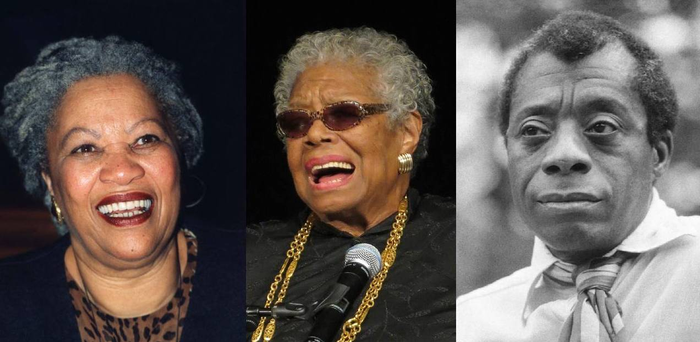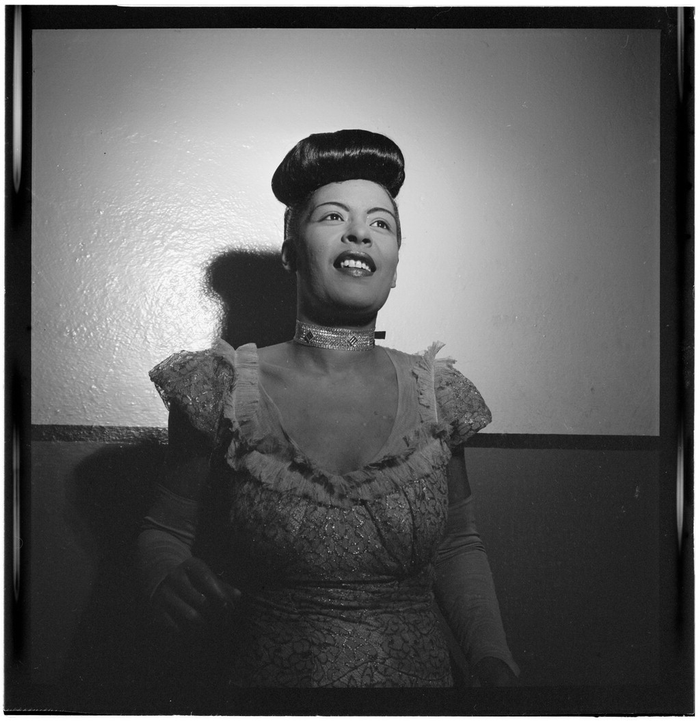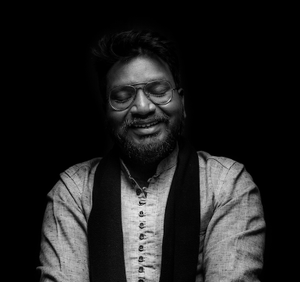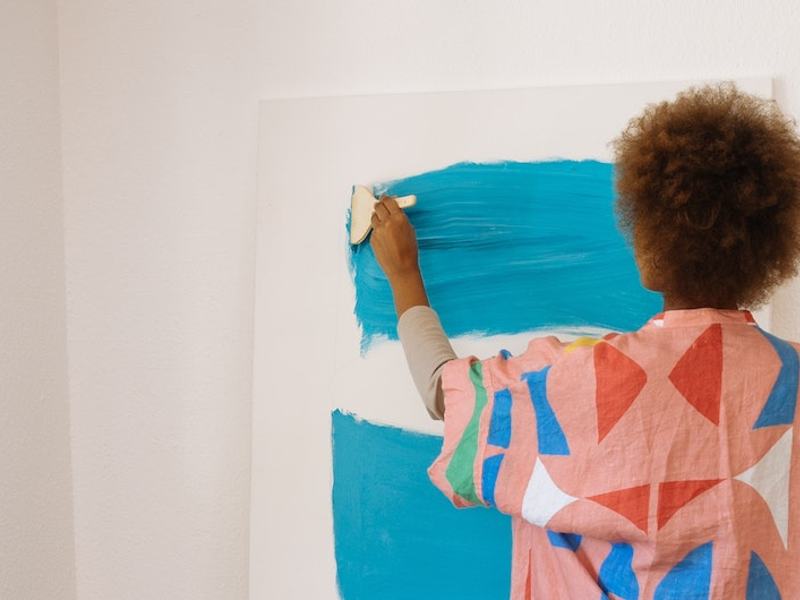Photo by RF._.studio
Mental wellness is a critical aspect of overall health, and its significance has been increasingly recognized in recent years. In the face of stress, adversity, and trauma, individuals often seek various means to cope and heal. One powerful avenue that has gained prominence is art, and African-American artists, in particular, have played a pivotal role in promoting mental wellness through their creative expressions.
This blog delves into the world of African-American art and its profound impact on mental wellness. From visual art to music, literature, and performance, we explore how artists from this community have harnessed their talents to facilitate healing, resilience, and a sense of belonging.
Art as a Healing Force
Art has long been recognized as a therapeutic tool for individuals grappling with mental health challenges. The act of creating or engaging with art can provide:
- A means of processing emotions.
- Gaining self-awareness.
- Fostering a sense of agency.
For African American artists, whose history is marked by systemic racism, oppression, and the enduring legacy of slavery, art becomes a vital channel for addressing intergenerational trauma and promoting healing.
Visual Art: A Canvas for Expression

“The Means to an End: A Shadow Drama in Five Acts,” etching and aquatint by Kara Walker, five panels, 1995, Honolulu Museum of Art. Fair Use
African-American visual artists have used their works to address various mental health-related themes, including identity, resilience, and trauma. The late Jean-Michel Basquiat, a celebrated artist of Haitian and Puerto Rican descent, created powerful paintings that often explored the intersection of race, identity, and mental health. His works, filled with bold colors and layered symbolism, invite viewers to contemplate the complexities of the human psyche.
Another prominent artist, Kara Walker, is known for her provocative and thought-provoking installations, which challenge viewers to confront uncomfortable truths about America’s history of racism and slavery. Through her art, she addresses themes of collective trauma and encourages dialogue about the impact of historical injustices on mental health.
Literature: Narratives of Resilience

Image: Toni Morrison (source), Maya Angelou (source), and James Baldwin (source).
African-American literature is replete with stories that delve into the intricacies of mental wellness. Authors like Toni Morrison, Maya Angelou, and James Baldwin have explored the psychological effects of racism, discrimination, and societal pressures. Their novels provide readers with a window into the complex emotional landscapes of African-American characters, allowing them to empathize and reflect on their own experiences.
One of the most iconic works in this genre is Maya Angelou’s “I Know Why the Caged Bird Sings.” Angelou’s candid memoir addresses themes of trauma, resilience, and the healing power of literature itself. Her storytelling invites readers to find solace and strength in their narratives.
Music: A Soulful Therapy

Billie Holiday. Source: Wikimedia Commons
The African-American musical tradition is a testament to the healing power of music. From gospel to jazz, blues to hip-hop, this music has provided solace, inspiration, and catharsis to generations of African Americans. Artists like Billie Holiday, whose haunting rendition of “Strange Fruit” serves as a poignant reminder of the horrors of racism, have used their music to shed light on the mental toll of discrimination.
Contemporary musicians like Kendrick Lamar and Janelle Monáe have continued this tradition, addressing mental health, self-empowerment, and resilience in their lyrics. Lamar’s album “To Pimp a Butterfly” delves into depression, self-doubt, and self-acceptance, resonating with listeners who grapple with similar challenges.
Fostering Healing Communities
Art doesn’t merely function as a form of personal therapy; it also has the power to create and strengthen healing communities. African-American artists have often used their platforms to foster dialogue, connection, and support among individuals facing mental health challenges.
Spoken word artists, for example, have established safe spaces for sharing personal stories and promoting mental wellness. Organizations like Black Poets Speak Out encourage poets to address mental health, addiction, and recovery issues, allowing individuals to find strength and understanding in shared experiences.
Similarly, community-based art initiatives have flourished in African-American neighborhoods, providing platforms for individuals to create and display art. These programs promote self-expression and nurture a sense of belonging and solidarity, vital elements of mental wellness.
Conclusion: The Healing Continues
African-American artists have long understood the power of creativity in promoting mental wellness. Their art serves as a mirror, reflecting the complexities of the human experience, and as a beacon, guiding individuals toward healing and resilience. As society grapples with mental health issues, the voices and expressions of these artists serve as a source of inspiration and hope.
In the words of Maya Angelou, “You may not control all the events that happen to you, but you can decide not to be reduced by them.” African-American artists exemplify this resilience, reminding us all that through creativity and community, we can find the strength to heal, overcome, and thrive.

Anand Subramanian is a freelance photographer and content writer based out of Tamil Nadu, India. Having a background in Engineering always made him curious about life on the other side of the spectrum. He leapt forward towards the Photography life and never looked back. Specializing in Documentary and Portrait photography gave him an up-close and personal view into the complexities of human beings and those experiences helped him branch out from visual to words. Today he is mentoring passionate photographers and writing about the different dimensions of the art world.





